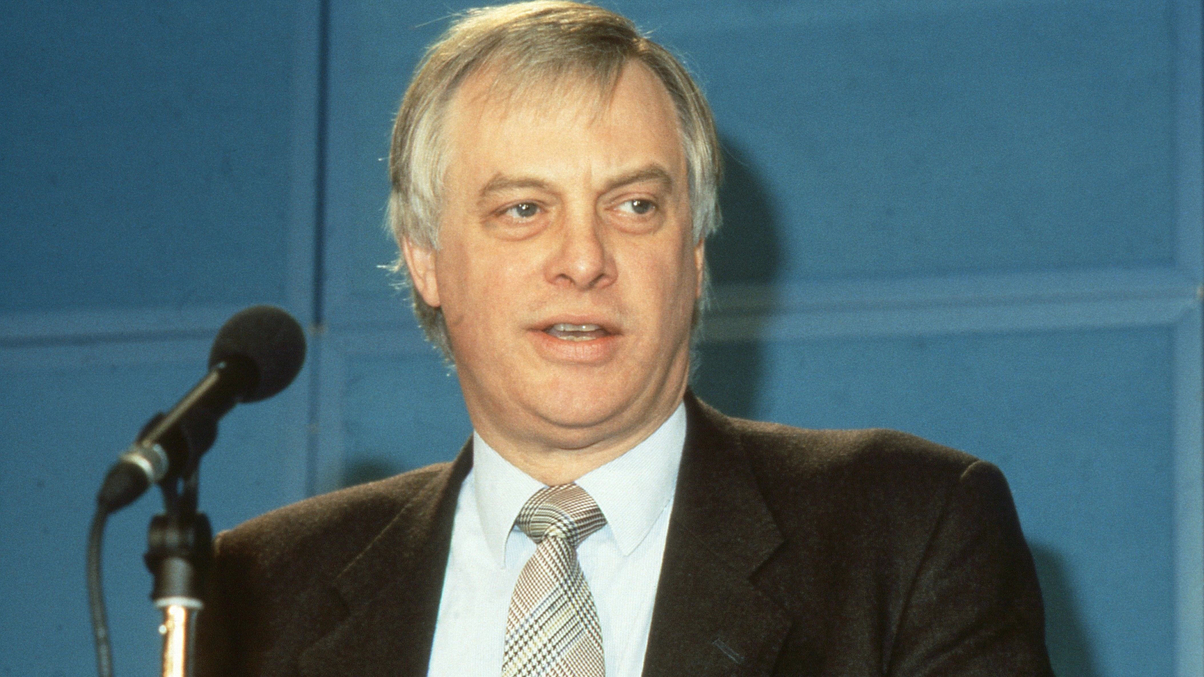AI 15: Decades of pension reform set to continue in HK
More than half a century after Britain suggested its colony introduce a pension system, Hong Kong's MPF system is constantly attacked for perceived inadequacies. Here we examine its history and future.

After facing pressure for decades to introduce a comprehensive pension system, Hong Kong’s MPF system is often deemed a failure.
Sign in to read on!
Registered users get 2 free articles in 30 days.
Subscribers have full unlimited access to AsianInvestor
Not signed up? New users get 2 free articles per month, plus a 7-day unlimited free trial.
¬ Haymarket Media Limited. All rights reserved.


